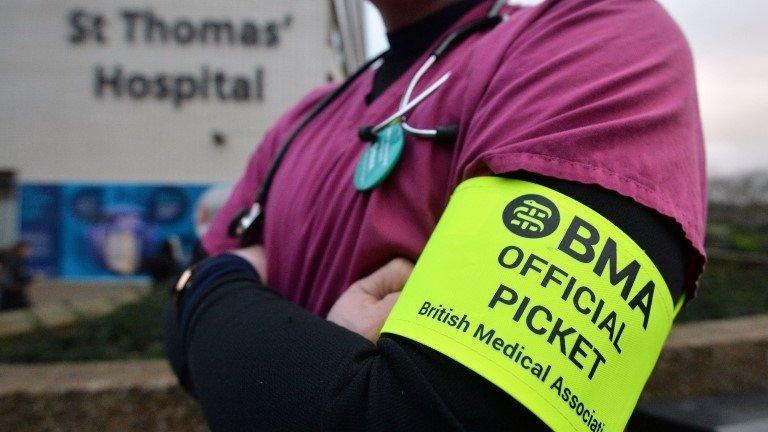Out-of-hours NHS Wales hospital care 'inadequate' - ombudsman
- Published
Nick Bennett said the NHS in Wales should not be complacent
There needs to be a systemic review of out-of-hours hospital care in Wales, the public services ombudsman has said.
A snapshot of 12 cases investigated by the watchdog over five years shows "inadequate standards of care" given to patients, including at weekends.
Nick Bennett said although not typical, a pattern suggested they were not "one-off" incidents.
Mark Drakeford said only one example had happened while he was health minister but he took it seriously.
He told BBC Wales he wanted to share the report with senior doctors and understand whether some of the issues raised by cases dating back to 2010 had now been addressed or "whether there are still issues where we can do more or do better".
Mr Bennett found "significant clinical failings" in the cases and said poor quality out-of-hours care often related to inadequate consultant supervision.
"This report emphasises the need for more effective and equitable clinical care to be provided seven days a week with greater consultant supervision, as well as the requirement for health boards to ensure their staff are adhering to the guidelines that are already established and accepted as good practice," he said.
Themes arising from the cases include:
Inadequate consultant cover across seven days
Delays in medical review and lack of consultant review
Lack of senior supervision for junior medical staff
Failure to meet pre-existing standards of care and established guidelines.
Out-of-hours NHS: Cases for concern
Mr Bennett also found the variation in practice between hospitals and even between wards in a hospital "both interesting and worrying".
The report is set against a background of a heated debate in the NHS in England about seven day services, including arguments about the risk of more deaths at weekends.
The Welsh government insists its approach is not to improve out-of-hours services by means of a "dictat" but to do it in the spirit of cooperation and negotiation.
It claims this has led to improvements already.
Health Minister Mark Drakeford said it was important that the best practice in the NHS was shared
Mr Bennett said he wanted to stress he was "only too aware" of the assembly election in May and that the NHS would be a key issue in that campaign.
"I would like to use this opportunity to remind stakeholders of my office's independence and impartiality, and that the sole purpose of this report is to ensure that lessons are learned from the complaints I have considered," he said.
An independent review would confirm any emerging patterns or inconsistencies in quality of care, he believes.
Mr Bennett also urged a "cultural shift" to encourage junior doctors to escalate concerns to senior consultants, regardless of what time of day or day of the week it is.
Each medical and surgical ward should receive a consultant "visit" seven days a week.
"I'm hopeful that lessons can be learnt from this report and that ultimately this will result in better public services in Wales and a reduction in complaints," he said.
The Welsh government insists the report is based on just 12 out of millions of admissions to hospitals and a range of measures had been introduced since 2012.
Mr Drakeford said he would think about holding a review seriously but wanted focus.
"Where specific things have been identified in the Welsh NHS where an outside view can help us make progress, we've been very willing to do that," he added.
- Published8 March 2016
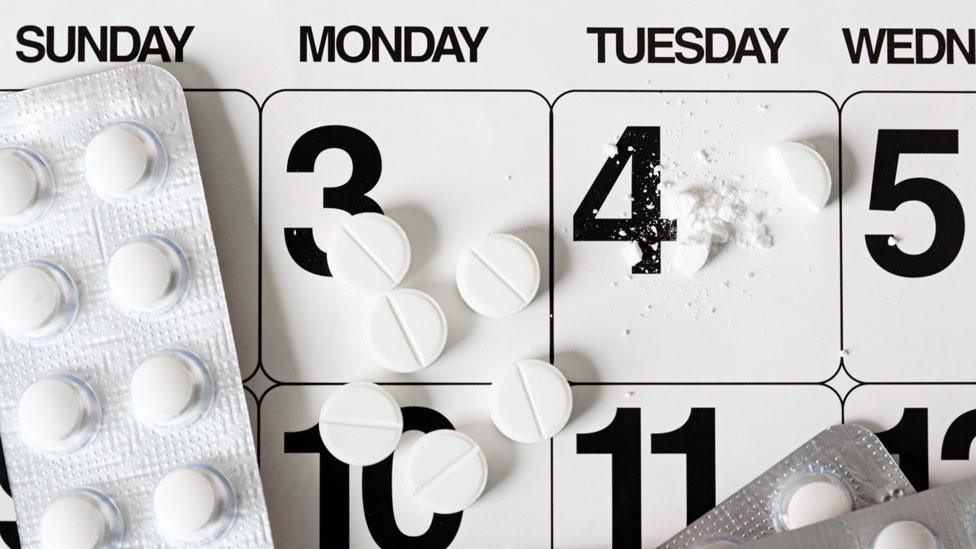
- Published12 February 2016
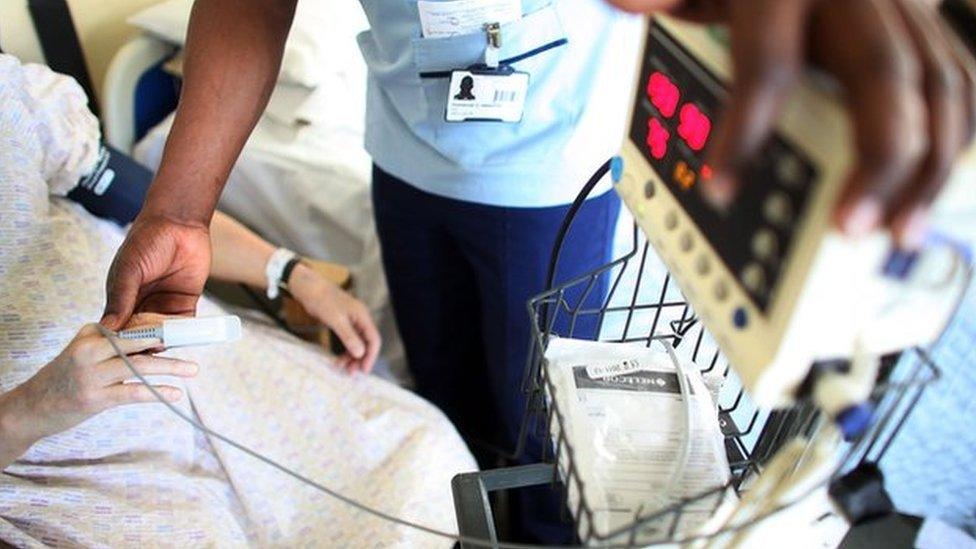
- Published6 September 2015
- Published24 February 2016
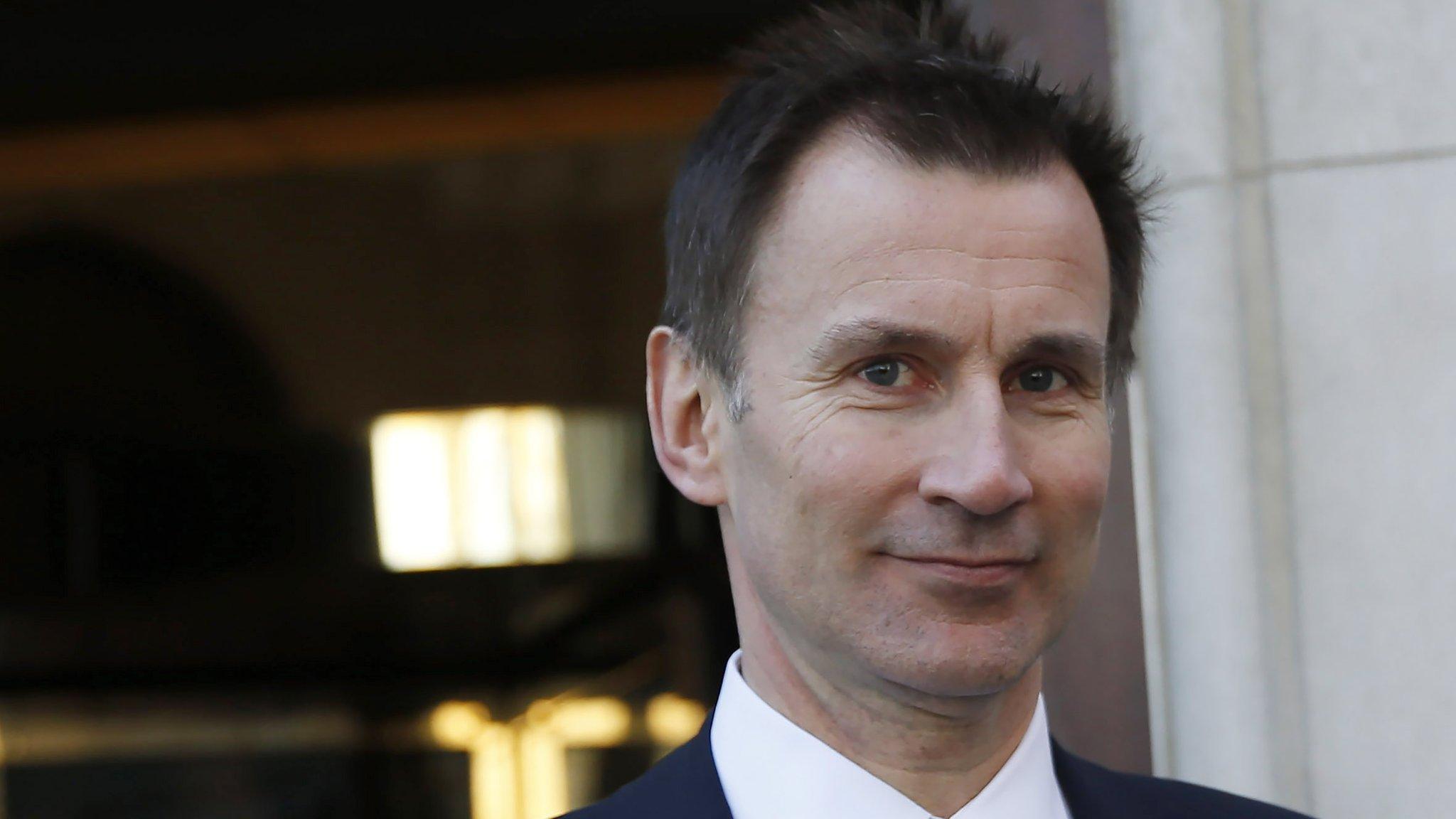
- Published13 August 2015
- Published4 September 2015
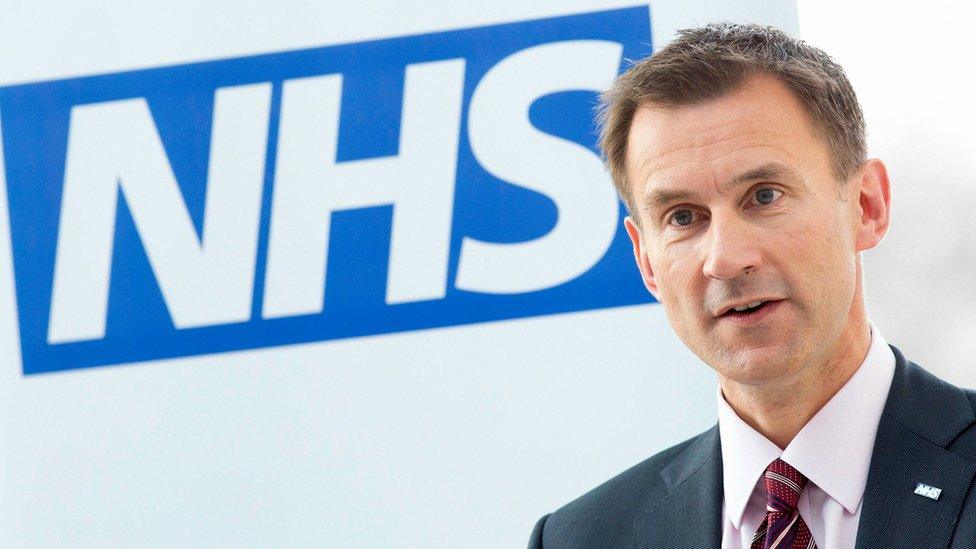
- Published6 September 2015

- Published1 September 2016
